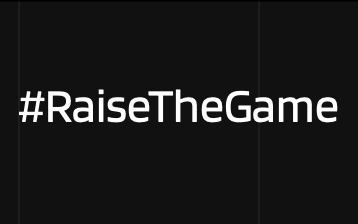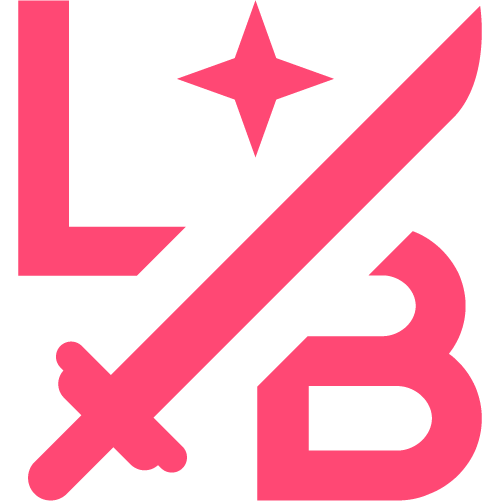Specific considerations






Key organisations & resources
 Visit website on #RaiseTheGame
Visit website on #RaiseTheGame #RaiseTheGame
RaiseTheGame is a collaborative and high-impact pledge to improve equality, diversity and inclusion in the games industry.
 Visit website on Beaumont Society
Visit website on Beaumont Society Beaumont Society
Building a fair, equal and safe environment empowering girls and women in the global gaming ecosystem.
 Visit website on Black Girl Gamers
Visit website on Black Girl Gamers Black Girl Gamers
An award winning community-powered organisation that advocates for diversity, inclusion and equity in the games industry.
 Visit website on Code Coven
Visit website on Code Coven Code Coven
Code Coven is the first global accelerator and academy dedicated to forwarding opportunities for marginalised game developers at all levels.
 Visit website on Diversily
Visit website on Diversily Diversily
Diversily helps innovative organisations to embed diversity and inclusion into their core, to drive up performance and impact.
 Visit website on Limit Break
Visit website on Limit Break Limit Break
Limit Break is a mentorship programme aimed at underrepresented people working in the UK games industry.
 Visit website on Out Making Games
Visit website on Out Making Games Out Making Games
Out Making Games connects and empowers the LGBTQ+ community working in the games industry across the UK.
 Visit website on Putting the G into Gaming
Visit website on Putting the G into Gaming Putting the G into Gaming
Putting the G into Gaming is a campaign to build more gender diverse and inclusive workplaces in games with actionable steps.
 Visit website on The Menopause Charity
Visit website on The Menopause Charity The Menopause Charity
Building a fair, equal and safe environment empowering girls and women in the global gaming ecosystem.
 Visit website on Ukie
Visit website on Ukie Ukie
The trade body for the UK games and interactive entertainment industry.
 Visit website on Women in Games
Visit website on Women in Games Women in Games
Building a fair, equal and safe environment empowering girls and women in the global gaming ecosystem.
Calendar events

International Day of the Girl
On December 19, 2011, United Nations General Assembly adopted Resolution 66/170 to declare October 11 as the International Day of the Girl Child, to recognise girls’ rights and the unique challenges girls face around the world.
Learn more about International Day of the Girl
World Menopause Day
World Menopause Day is held every year on the 18th of October. The purpose of the day is to raise awareness of the menopause and the support options available for improving health and wellbeing. We encourage professionals and women to participate in this global awareness raising campaign by printing and sharing these materials, organising events to engage their communities, and sharing World Menopause Day social media posts.
Learn more about World Menopause Day

